Dolphin trainer for a day
In a virtual world, children with autism can become dolphin trainers, using gestures to elicit flips and leaps, and perhaps learning to communicate at the same time.
Efforts to ease the symptoms of autism are beginning to ramp up, with promising candidates in various stages of testing.

In a virtual world, children with autism can become dolphin trainers, using gestures to elicit flips and leaps, and perhaps learning to communicate at the same time.

A handful of studies point to dietary deficiencies as a contributing factor in some forms of autism, suggesting that supplements — such as carnitine or certain amino acids — may help treat and even prevent the disorder.

Riding horses may help children with autism learn to trust others, says a study published 1 February in the Journal of Autism and Developmental Disorders.
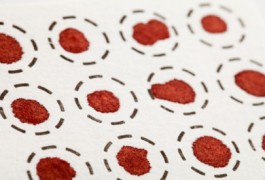
A mild form of fragile X syndrome that can lead to the full syndrome in one generation is more common than previously thought, according to a large study published 21 December in Genome Medicine.
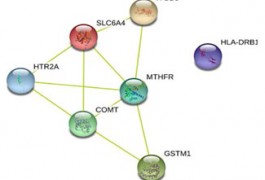
Researchers have used protein and drug interaction networks to identify drugs approved for one disorder that may be useful for treating another, they reported 18 January in Bioinformation.
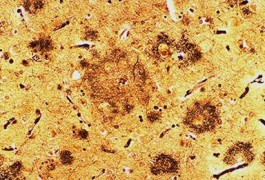
A growing number of studies suggest connections between Alzheimer’s disease, fragile X syndrome and autism, which could point the way to potential treatments.
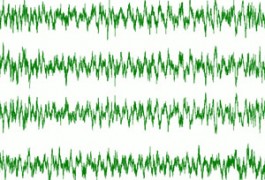
In 2003, John Rubenstein and Michael Merzenich first described the theory, now popular in autism, that the disorder reflects an imbalance between excitation and inhibition in the brain. Takao K. Hensch and Parizad M. Bilimoria review the paper and its impact on the field.

People with autism who inhaled regular doses of the hormone oxytocin were better at recognizing others’ emotions and reported a higher quality of life than those who took a placebo, according to a small study published 5 December in Molecular Autism.
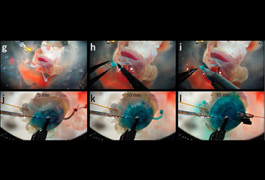
Researchers have developed a technique that allows them to remove a functioning placenta from a pregnant mouse late in gestation, they reported 8 January in Nature Protocols.